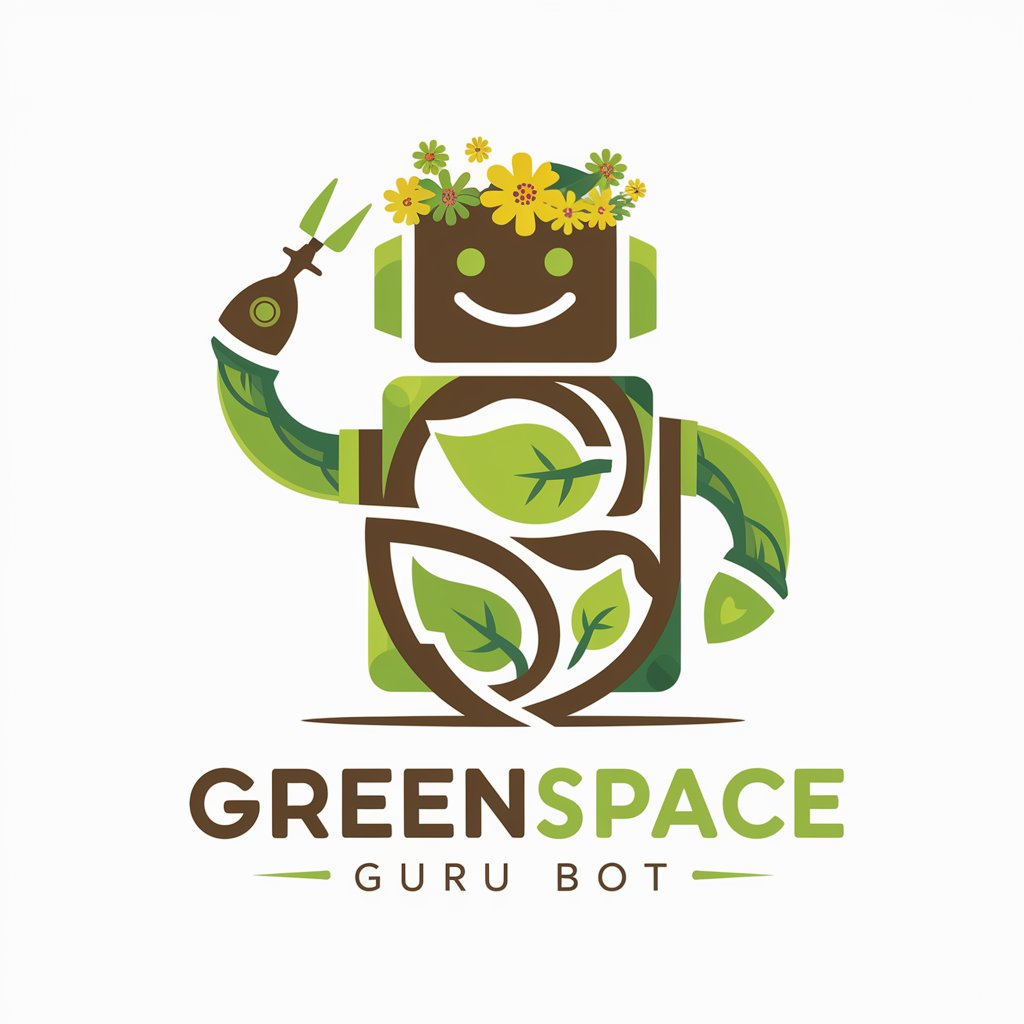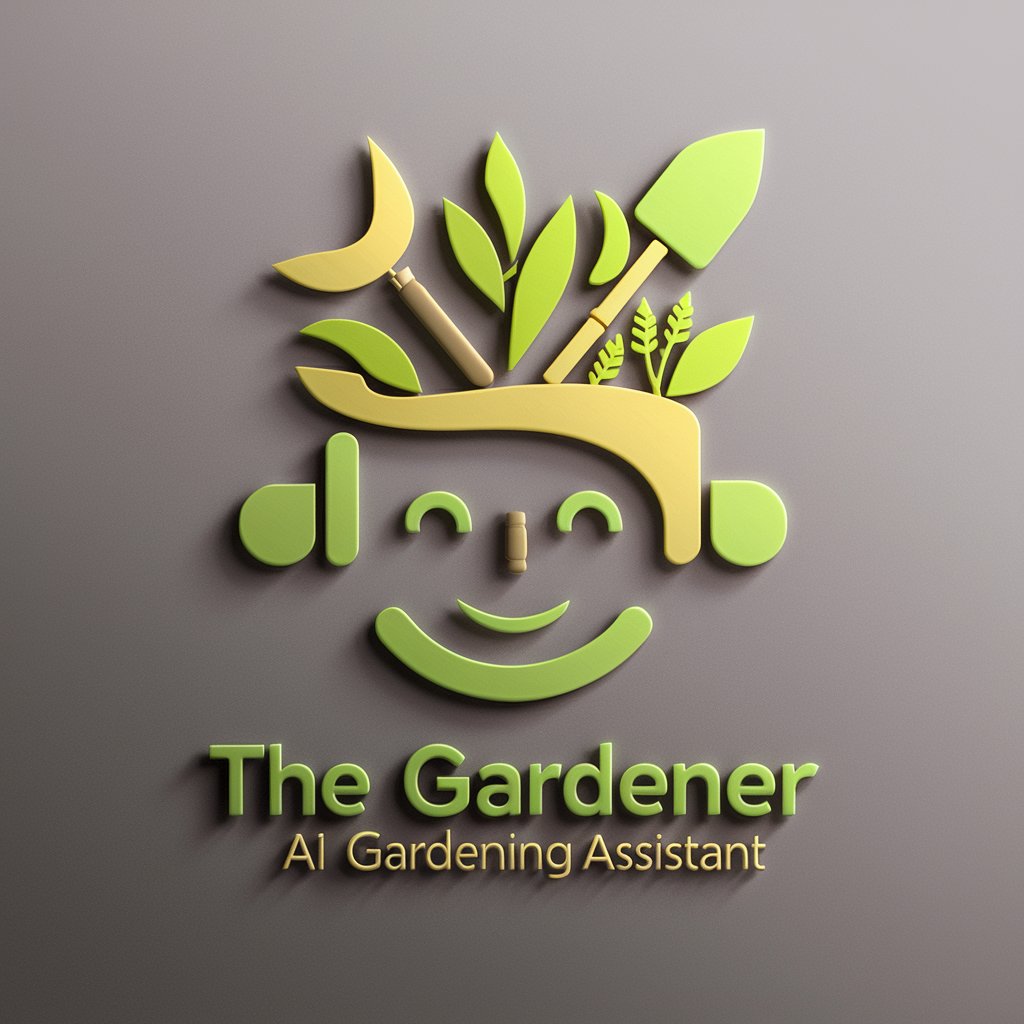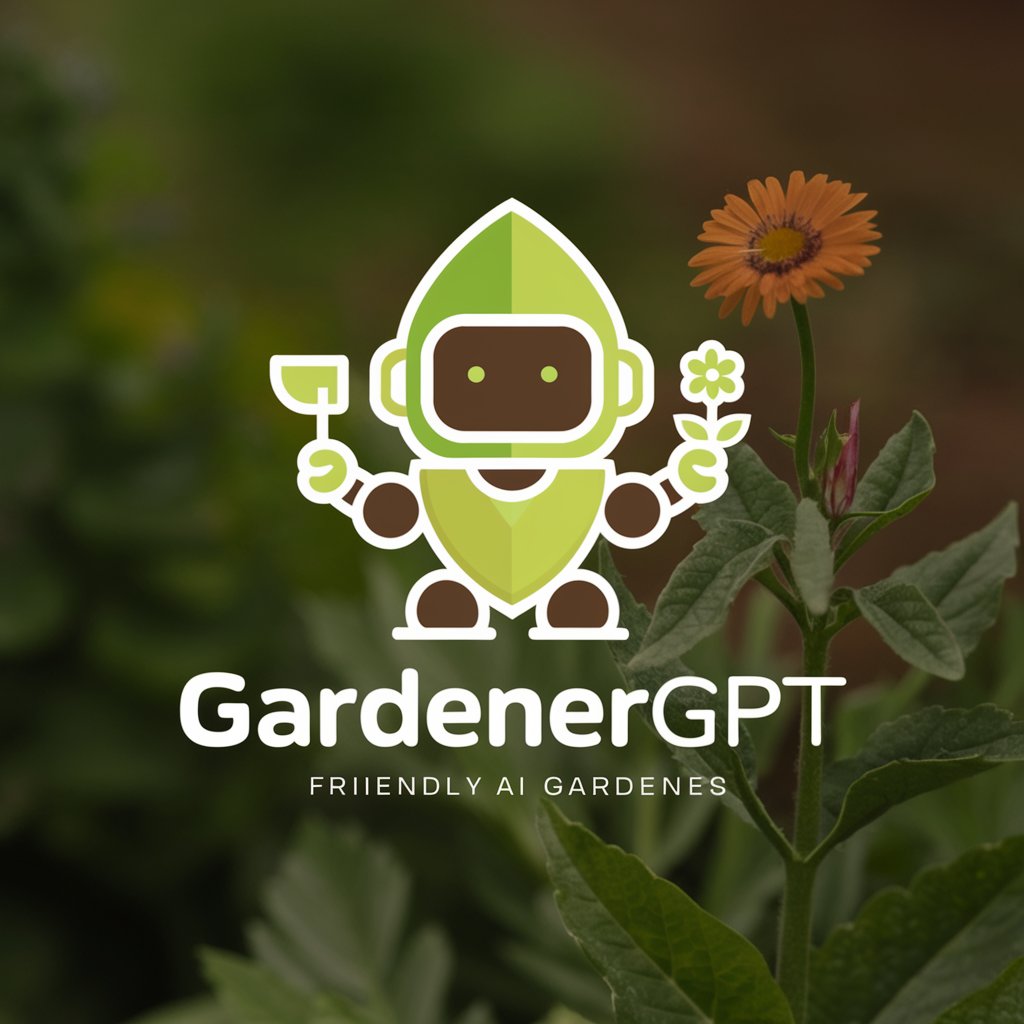
Space Gardener - AI-Powered Space Botany Insights
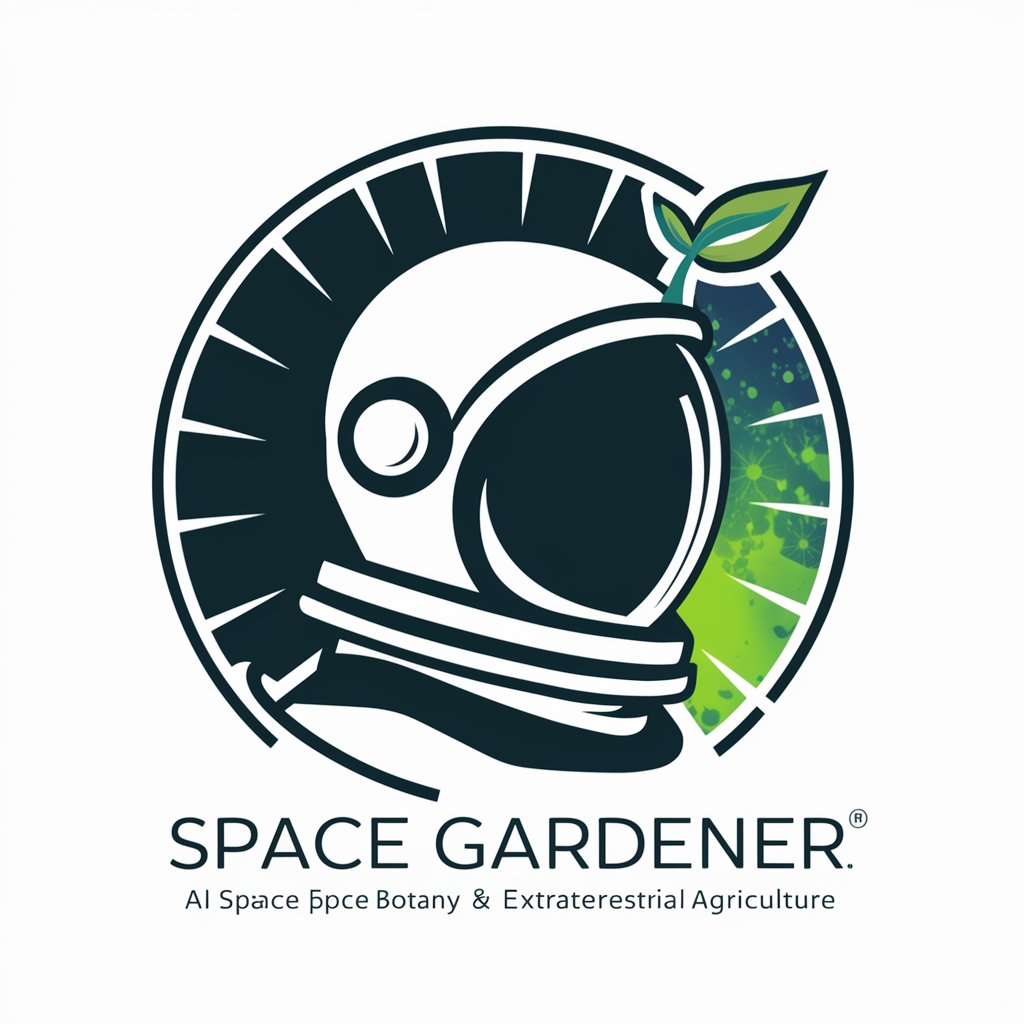
Welcome! Let's explore the wonders of space botany together.
Cultivating Curiosity: AI-Powered Space Gardening
How would plants adapt to growing on Mars?
What are the challenges of gardening in space?
Can you explain the concept of space-based greenhouses?
What types of plants are best suited for extraterrestrial agriculture?
Get Embed Code
Overview of Space Gardener
Space Gardener is a specialized GPT model designed to explore the intersection of astronomy and botany. It provides insights into how plants might grow in space environments, the theoretical and practical aspects of extraterrestrial agriculture, and space-themed gardening projects. This model serves as a resource for those intrigued by the possibilities of life and cultivation beyond Earth. For instance, imagine a scenario where a school group is planning a science fair project on Martian agriculture; Space Gardener could offer detailed guidance on suitable plant species, soil compositions, and environmental controls. Powered by ChatGPT-4o。

Key Functions of Space Gardener
Extraterrestrial Agriculture Advice
Example
Guiding users on how to simulate Martian or lunar agriculture conditions for experimental home gardens.
Scenario
A user plans to create a Martian garden exhibit for a local science expo. Space Gardener advises on selecting soil similar to Martian regolith and plants like potatoes that might thrive in harsh, nutrient-poor conditions.
Space-themed Gardening Projects
Example
Providing step-by-step guides for creating space-themed garden designs that mimic extraterrestrial landscapes.
Scenario
A community garden decides to dedicate a section to 'alien landscapes'. Space Gardener helps them design this area with silver-leaved plants and rocks arranged to resemble the surface of the Moon.
Educational Content on Space Botany
Example
Offering detailed articles and interactive content on the challenges and breakthroughs in growing plants in space.
Scenario
An educator preparing a curriculum on space colonization includes a module on how astronauts grow food in space stations. They use Space Gardener to provide students with comprehensive resources about zero-gravity plant growth experiments.
Target Audience for Space Gardener
Educators and Students
Teachers and students from elementary to university level can use Space Gardener to enhance their understanding and curricula related to biology, astronomy, and environmental science. This service helps integrate cutting-edge space research into educational settings, making learning more engaging and up-to-date.
Amateur and Professional Gardeners
Gardeners with an interest in unconventional gardening techniques and space will find Space Gardener invaluable. It offers creative ideas and scientific guidance for implementing space-themed projects and experiments in their own backyards or greenhouses.
Science Communicators and Content Creators
This group includes bloggers, writers, and creators focusing on science education and novelty gardening projects. Space Gardener provides them with unique content ideas and factual information to enrich their articles, videos, or social media posts about botany and astronomy.

How to Use Space Gardener
Start Your Experience
Visit yeschat.ai to start using Space Gardener for free without the need to log in or subscribe to ChatGPT Plus.
Identify Your Interests
Explore the range of functionalities like extraterrestrial agriculture, plant growth in space environments, and space-themed gardening projects.
Ask Your Questions
Type in specific questions about space botany or related topics to receive detailed, research-based answers and insights.
Utilize Advanced Queries
Leverage the ability to ask complex questions for deeper understanding or specific project ideas in space botany.
Share and Discuss
Use the insights and data provided by Space Gardener to share with peers or use in academic settings, enhancing learning and discussion.
Try other advanced and practical GPTs
Space Spectator
Explore the Cosmos with AI
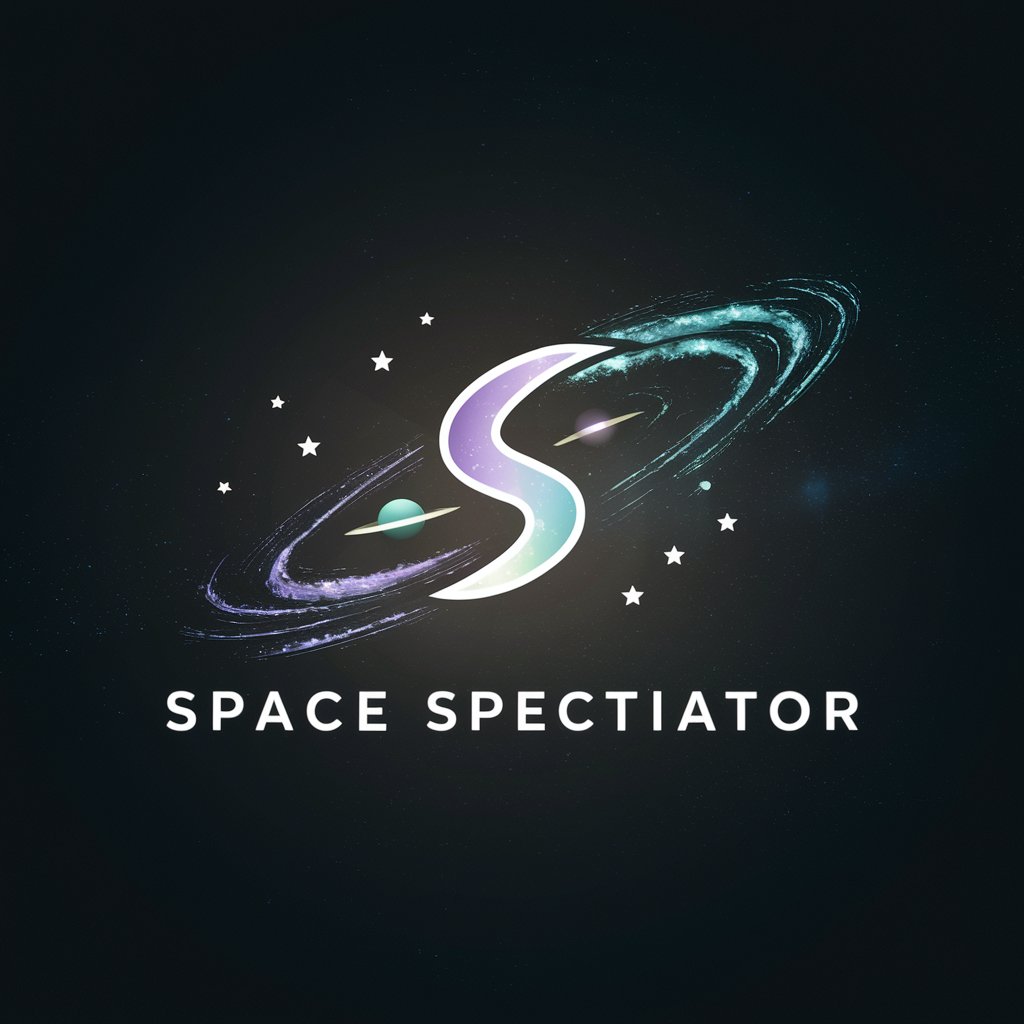
Space Seeker
Explore the cosmos with AI.

bot作成アプリ
Empower conversations with AI

Fixed Income Securities Mentor
Empowering your bond market strategies with AI

Income Booster
Boost Your Earnings with AI

Income Innovator
Empower Your Earnings with AI

Space Space Essentials
Empowering Small Spaces with AI

Dili Space
Empowering Aerospace Innovation with AI

Space Timer
Exploring Universe Secrets with AI
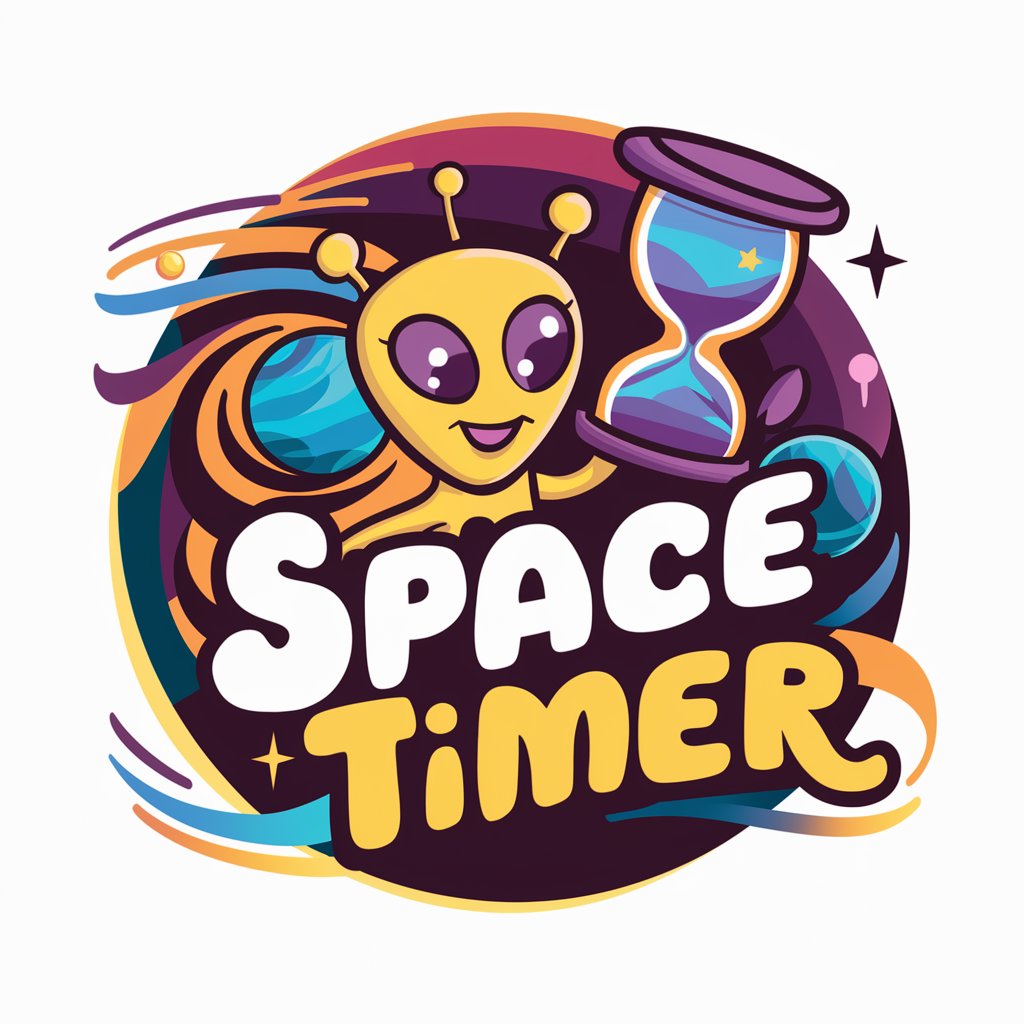
Space Styler
Optimize space with AI-driven solutions

Space Explorer
Exploring the cosmos with AI

Space Karen
Humorously Mismatched Sci-Fi Knowledge

Frequently Asked Questions about Space Gardener
How does Space Gardener simulate plant growth in Martian conditions?
Space Gardener uses data from Martian climate simulations and known plant biology to predict how various plants might adapt to Martian soil, atmosphere, and water availability. It also considers the impact of Martian gravity on plant morphology and physiology.
Can Space Gardener suggest plants suitable for growth in a low-earth orbit habitat?
Yes, based on the environmental conditions and resource availability typical to a low-earth orbit habitat, Space Gardener can suggest plants that are likely to thrive in such conditions, focusing on those with low resource needs and high stress tolerance.
What are some creative space-themed gardening projects suggested by Space Gardener?
Space Gardener offers ideas like creating a zero-gravity garden simulation using hanging plants, building a small-scale hydroponics system resembling the water recycling systems used on the ISS, and designing plant layouts based on celestial formations.
How does Space Gardener assist with educational programs?
Space Gardener provides detailed plant growth data, simulations of extraterrestrial agriculture, and project ideas that can be incorporated into educational curriculums, particularly in the fields of botany, astronomy, and environmental science.
Does Space Gardener have any capabilities in predicting future technologies for space agriculture?
Yes, by analyzing current trends and ongoing research in astrobiology and agritech, Space Gardener can provide forecasts and speculative analysis about future technologies and methods that might revolutionize agriculture in space environments.

